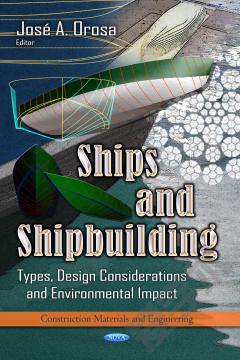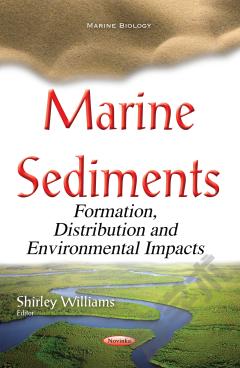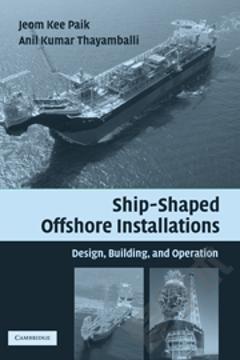Ships and Shipbuilding: Types, Design Considerations and Environmental Impact
It is not well known how far back in time that ships were invented. Despite this, some archaeological remains were found dating back to 6300 B.C. Based on that period, research and development were carried out on this subject based on different economical conditions and factors like trading and colonizing. Thus, from this early period, Egyptians, Greeks, Roman and Vikings showed clear improvements in ship line designs, and propulsion systems, like oars and sails. With the passing of the years, new research areas were incorporated in research and development in ships. In particular, new concepts about safety and health risks, and also environmental impacts have been incorporated as an evolution from the classical research areas of the design of ship lines and machinery, respectively. From that period, different international organizations have acknowledged an extremely greater importance in these two derived concepts mainly due to their direct influence over human life and the environment. On the basis of this point of view, this book was drafted and organized with the aim to be an updated link between well-known ship designs and operating conditions, and their recent developments, to serve as a guide for marine engineers and naval architects in their professional lives and, especially, for researchers in these areas.
{{comment.content}}








 京公网安备 11010802027623号
京公网安备 11010802027623号